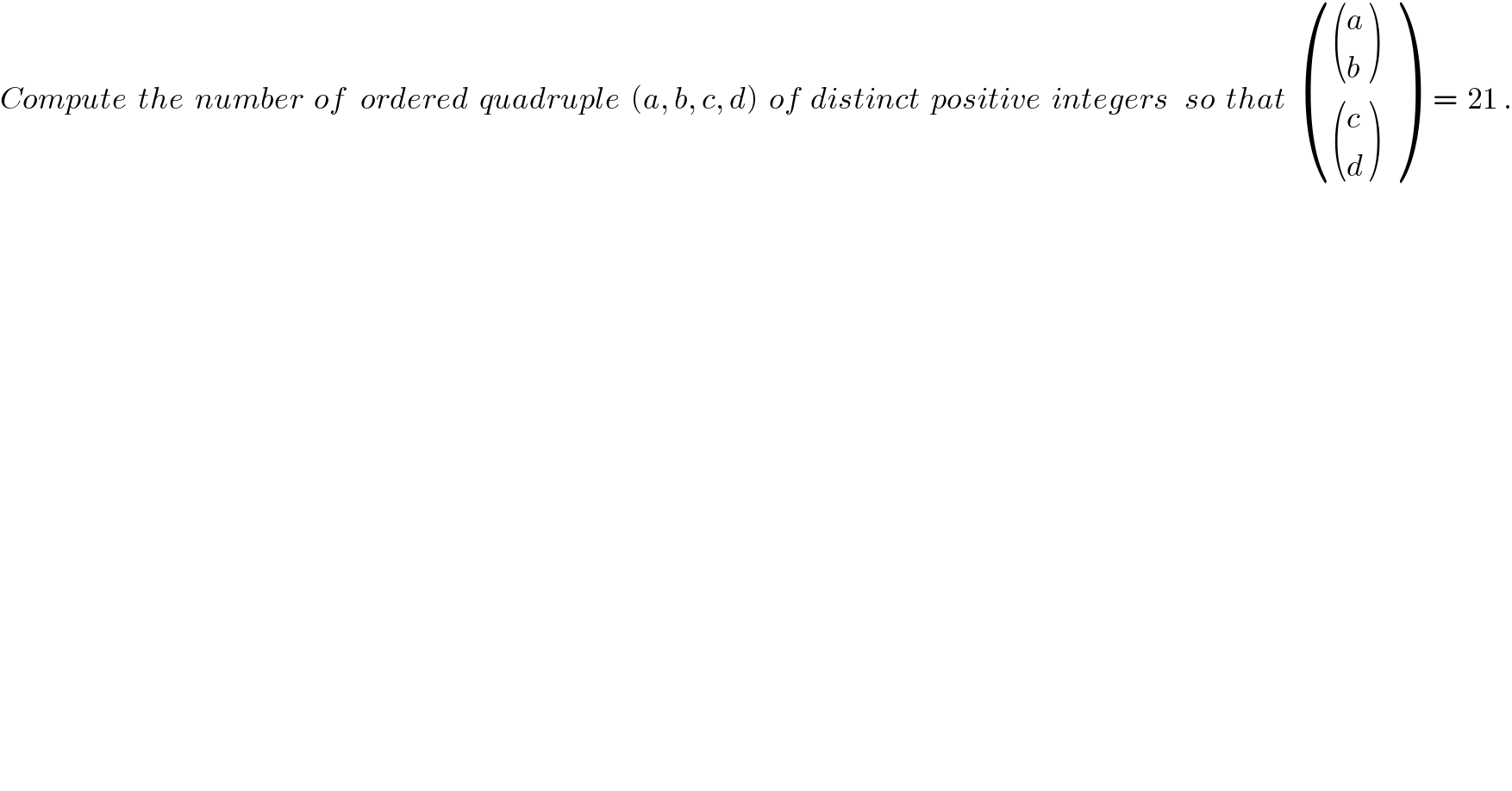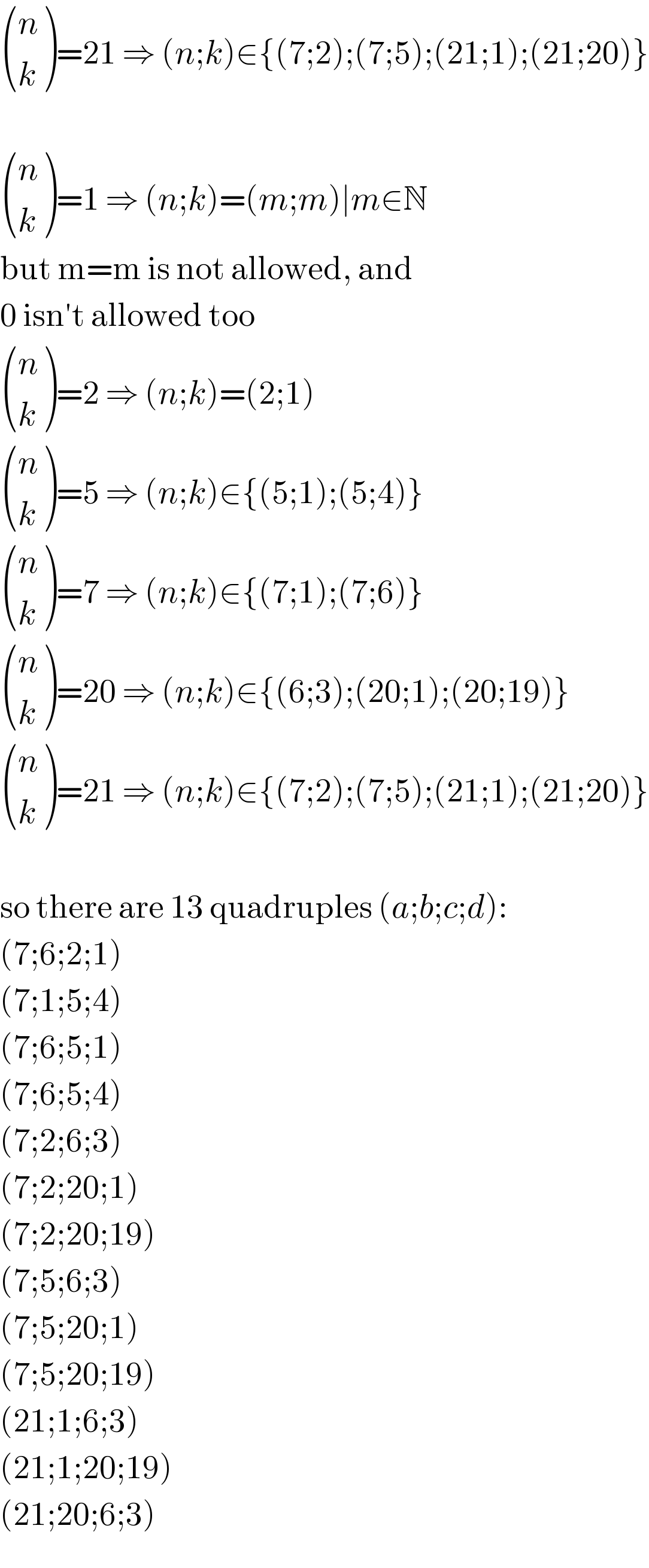
Question and Answers Forum
Question Number 32569 by naka3546 last updated on 28/Mar/18

Commented by MJS last updated on 28/Mar/18

| ||
Question and Answers Forum | ||
Question Number 32569 by naka3546 last updated on 28/Mar/18 | ||
 | ||
Commented by MJS last updated on 28/Mar/18 | ||
 | ||